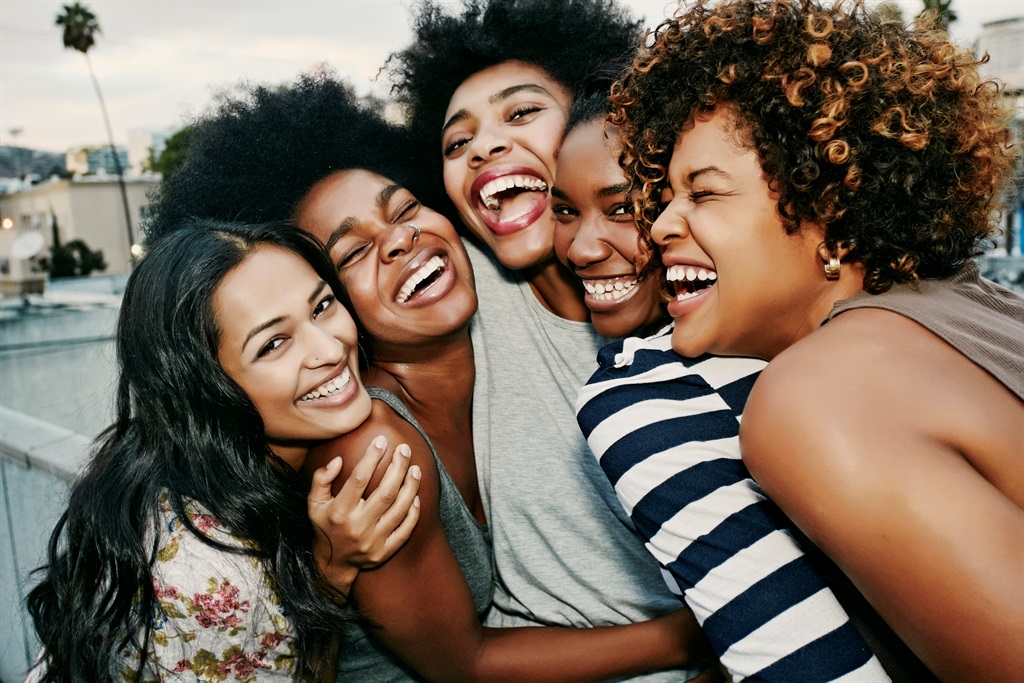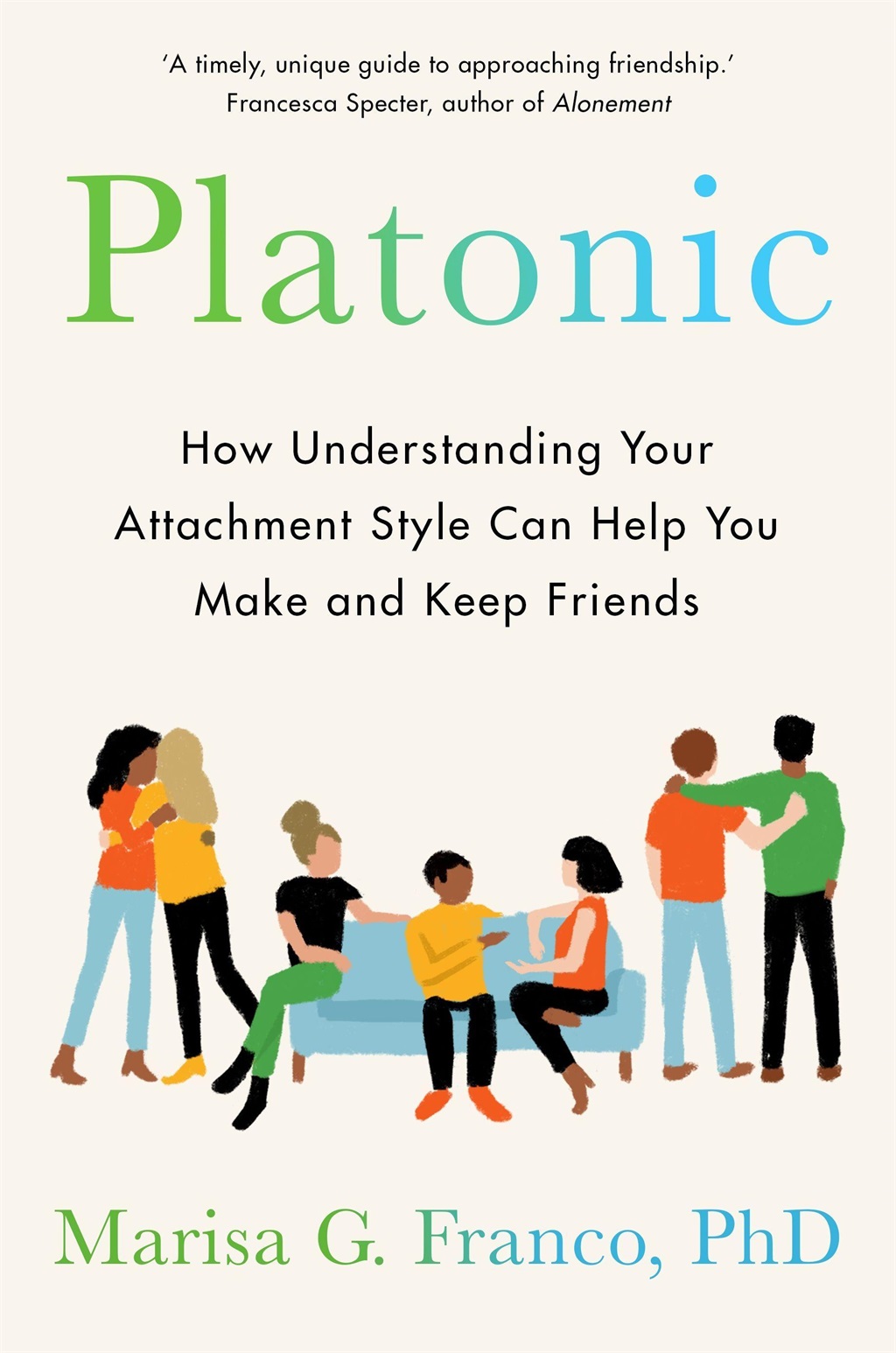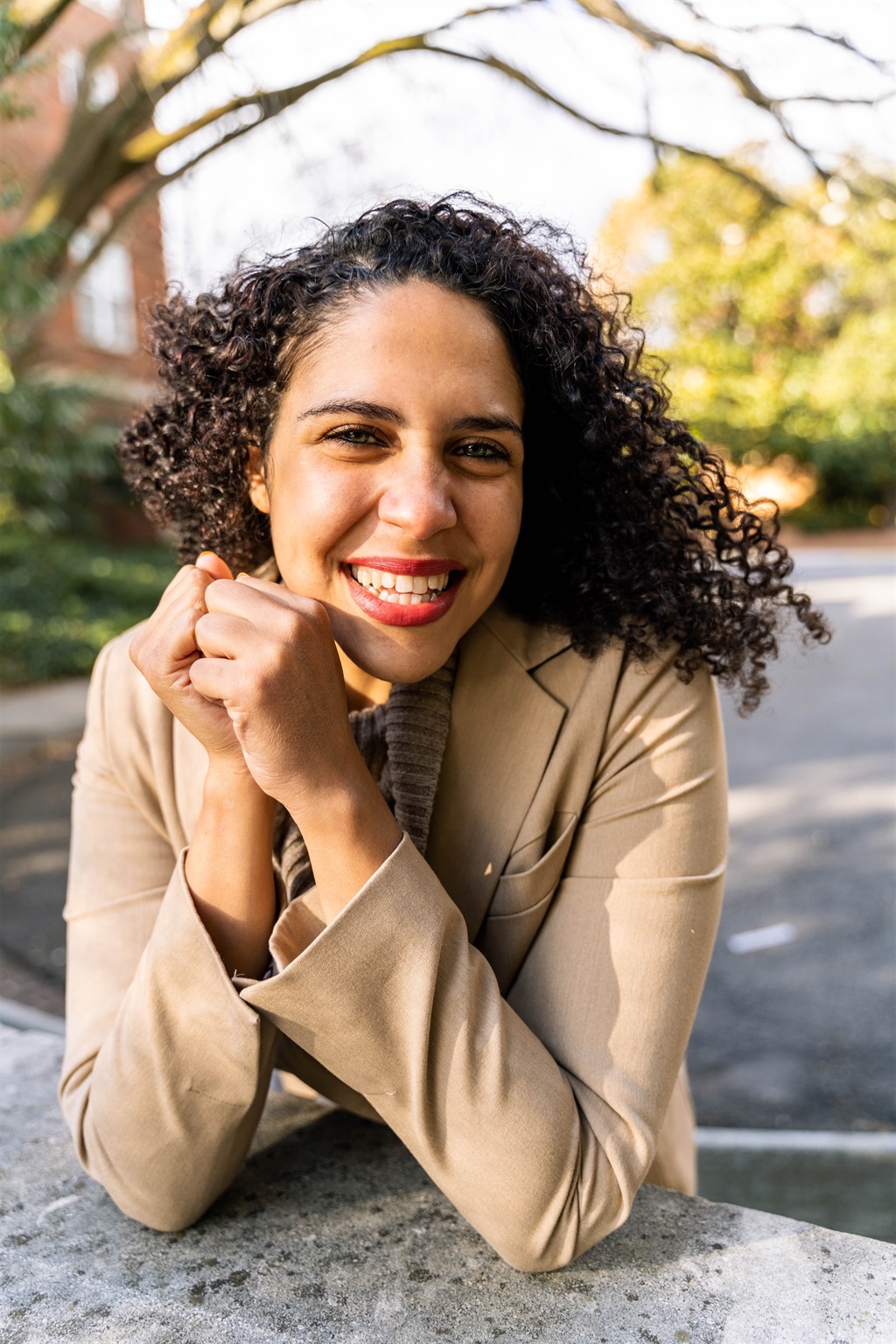
BOOK: Platonic by Dr Marisa G Franco
In Platonic: How Understanding Your Attachment Style Can Help You Make and Keep Friends, Dr Marisa G Franco explains how the undervaluing of friendship in our culture has led to an epidemic of isolation, and what we can do about it. Using the groundbreaking framework behind attachment theory, Platonic teaches us to identify and understand our individual style – secure, anxious or avoidant – and recognise that how we behave in relationships is the key to unlocking what we’re doing right and what we could do better.
Friendship makes us empathic. Of course, anyone can offer us this empathy - our family, our spouse, our boss, our Instagram followers, a Zumba instructor, a candlestick maker, a reluctant Uber driver. But friends are there when we need this empathy the most. Research finds that shame is highest when we’re teenagers, decreasing steadily throughout our lives and then increasing again to similarly high rates only in old age.
Research finds that at this awkward time, we don’t turn to family or the boyfriend we invented when we were younger to seem interesting. We turn to friends. Friends have such a lasting impact on our identities because they are there during this critical and tumultuous time when we are figuring out who we are.
Friends are good candidates for providing us with empathy because friendship provokes empathy. In fact, friendship, according to Sullivan, is how we become empathic. In his theory of chumships, he argues that around the ages of eight to ten, friendship radically alters how we relate to others. It’s the first relationship where we value another’s welfare as much as our own. As kids, when it comes to parents, we take. When it comes to teachers, we obey. But when it comes to friends, we feel for and with.
Sullivan explains that a child “begins to develop a real sensitivity to what matters to another person. And this is not in the sense of ‘what should I do to get what I want,’ but instead ‘what should I do to contribute to the happiness or to support the prestige and feeling of worthwhileness of my chum.’ . . . It is a matter of we.” When I shared this theory with my friend, she nodded and said, “I could easily confuse my kids for tiny tyrants if I never saw them with their friends.”
This isn’t all just theory. Dozens of studies highlight friendship’s unique role in promoting empathy. For adolescents, friendship is a distinct space to practice empathy, as research finds that during adolescence, kindness toward friends increases while kindness toward family is stagnant or decreases.
Friendship isn’t just a space to practice empathy; it’s a space to develop it. A meta- analysis found that having high-quality friendship is correlated with greater empathy. In another study on kids with languages issues, kids with better friends developed more empathy, and those with more empathy developed better friendships.
There’s also research that looks at empathy and friendship unfolding in the brain. It finds that seeing friends excluded activates the same part of our brains triggered when we are excluded. This is not true for strangers. Empathy, then, is part of friendship. And friendship does not only make us empathic toward our friends. It makes us empathic generally.
Empathy is a major achievement of friendship. It’s enough to make the relationship vital. But friendship’s positive impact extends beyond nurturing empathy, toward bettering our characters more generally. One study, for example, tested whether having friends during formative years affects who we become as adults. It compared fifth graders who did have friends with fifth graders who did not on several outcomes in adulthood. The fifth graders with friends were less depressed, more moral, and had higher self-worth as adults.
If we were asked, How did you become empathic? More moral? Develop high self- esteem?, for most of us, our answer wouldn’t be friends. Education, self- reflection, therapy, or genes, we might say. We’re not always conscious of the way friendship transforms us, but it still does. And it doesn’t just make us into better versions of ourselves. It helps us figure out who we are.
Platonic is published by Pan Macmillan.




 Publications
Publications
 Partners
Partners














